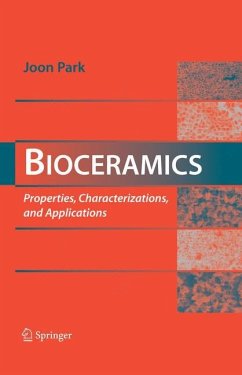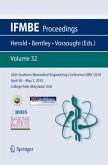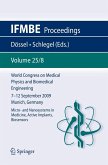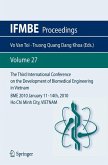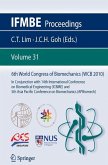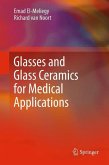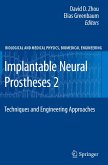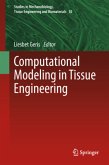Bioceramics: Properties, Characterization, and Applications will be a general introduction to the uses of ceramics and glasses in the human body for the purposes of aiding, healing, correcting deformities, and restoring lost function. With over 30 years experience, the author developed the text as an outgrowth of an undergraduate course for senior students in biomedical engineering and will emphasize the fundamentals and applications in modern implant fabrication, and will also deal with tissue engineering scaffolds made of ceramics.
Organized as a textbook for the student needing to acquire the core competencies, it will meet the demands of advanced undergraduate or graduate coursework in bioceramics, biomaterials, biomedical engineering, and biophysics.
Organized as a textbook for the student needing to acquire the core competencies, it will meet the demands of advanced undergraduate or graduate coursework in bioceramics, biomaterials, biomedical engineering, and biophysics.
From the reviews:
"This work by Park ... offers an in-depth look at the field of bioceramics. ... Bioceramics makes good use of figures, including color images, cartoon schematics, microscope images, and quantitative graphs, which address biology, chemistry, and engineering concepts. ... This volume will serve well as a graduate-level resource within the curriculum of a material science and engineering department, or as a supplemental monograph for a course in biomaterials within a biomedical engineering curriculum. Summing Up: Recommended. Graduate students, researchers, and faculty." (C. A. Reinhart-King, Choice, Vol. 46 (11), July, 2009)
"This work by Park ... offers an in-depth look at the field of bioceramics. ... Bioceramics makes good use of figures, including color images, cartoon schematics, microscope images, and quantitative graphs, which address biology, chemistry, and engineering concepts. ... This volume will serve well as a graduate-level resource within the curriculum of a material science and engineering department, or as a supplemental monograph for a course in biomaterials within a biomedical engineering curriculum. Summing Up: Recommended. Graduate students, researchers, and faculty." (C. A. Reinhart-King, Choice, Vol. 46 (11), July, 2009)

